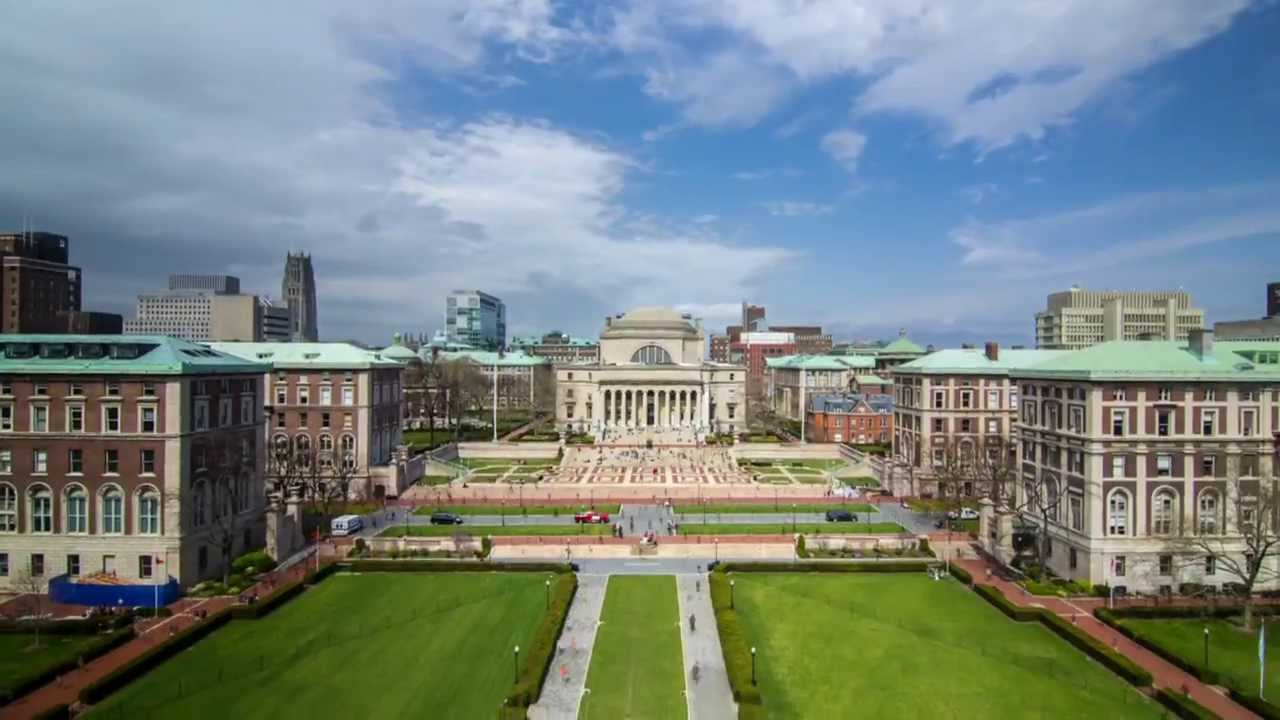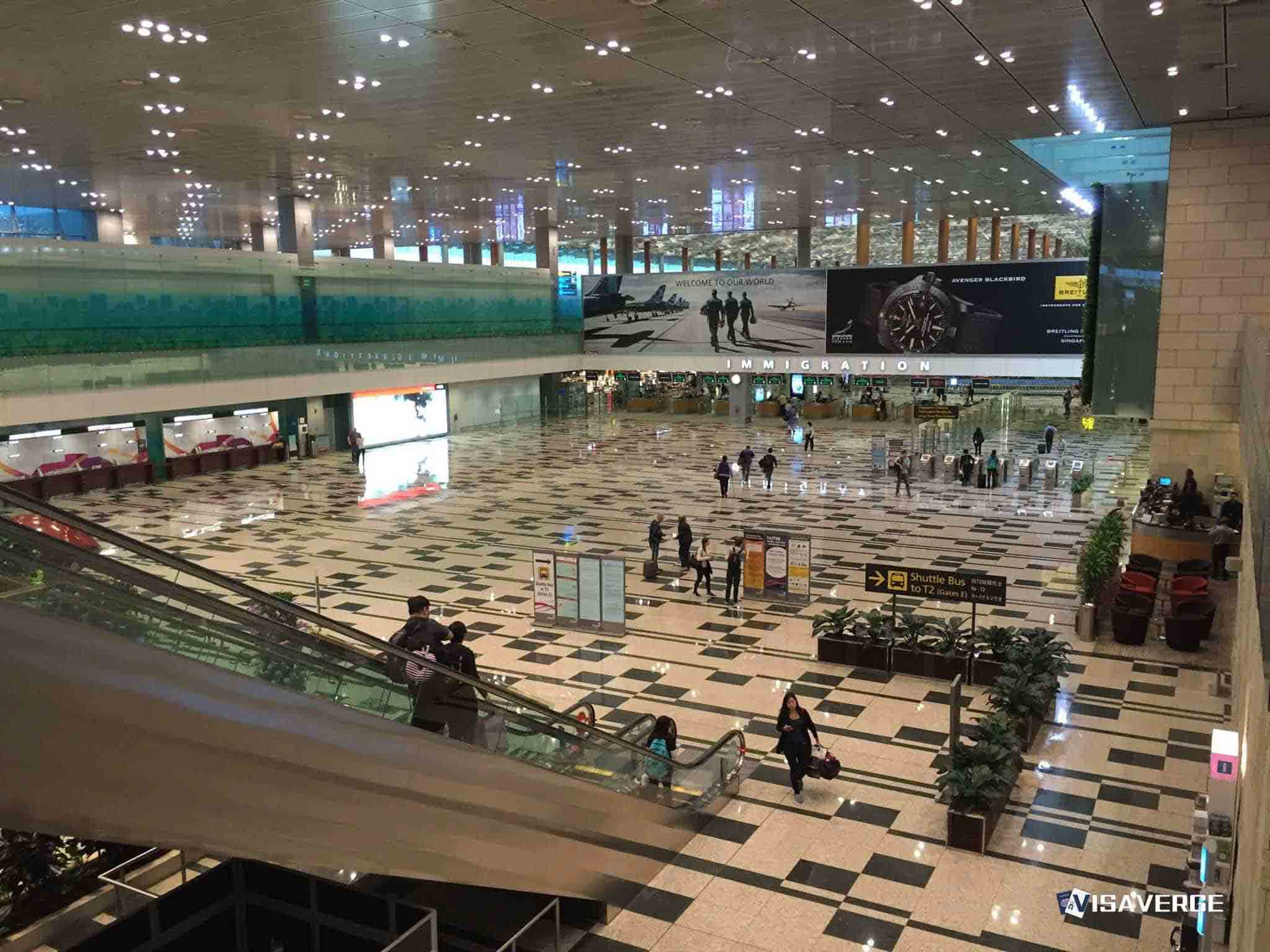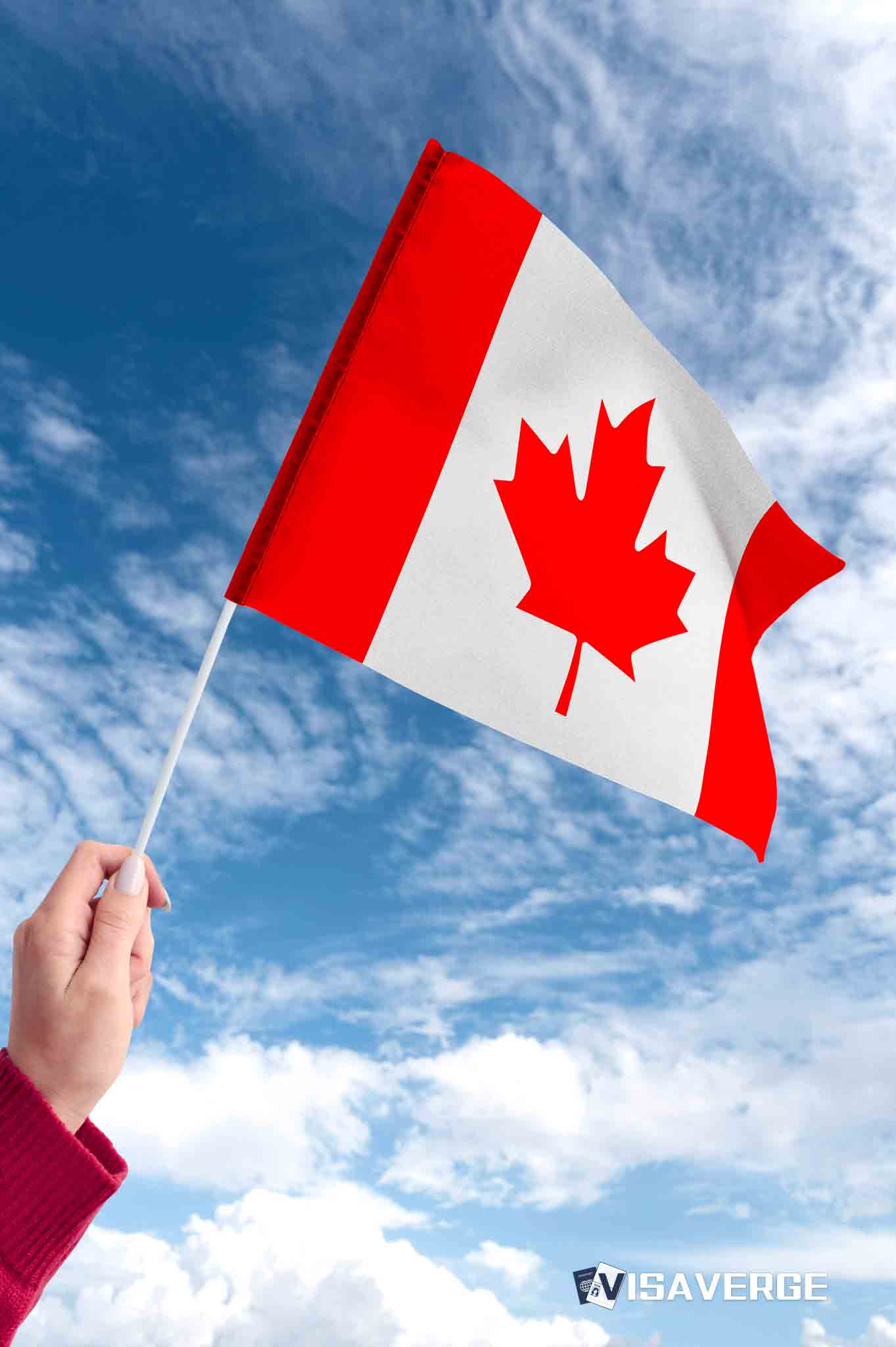(NEW YORK, NY, USA) Columbia University is preparing for a major cost increase tied to a proposed $100,000 H-1B fee on each new petition, announced by the White House on September 19, 2025, and slated to apply to filings after 12:01 a.m. on September 21, 2025. University officials estimate the measure could add $10 million to $20 million per year to operating costs, with the largest impact felt in departments that rely on international researchers, postdoctoral fellows, and specialized staff.
The new charge would not touch current H-1B workers at Columbia, nor would it apply to renewals under already approved petitions. Travel for current H-1B holders remains unchanged. That distinction matters for ongoing projects in labs and clinics, many of which depend on steady staffing. But the picture changes for future hiring: for each new H-1B filing, the proposed fee would sit on top of existing expenses—including government fees and legal costs—pushing the total price of sponsorship far higher than in past years.

University response and hiring plans
Columbia’s International Students and Scholars Office has told departments the policy is evolving and under review. Behind the scenes, hiring calendars are being reworked as units assess which offers can move forward now and which must wait. Faculty searches for 2026 are also being reconsidered, especially in STEM fields, where labs fill roles quickly with trained international researchers and face a smaller domestic hiring pool.
Departments are evaluating:
– Which job offers made before the announcement but submitted afterward might be affected
– Whether grant funds can cover the added cost
– How to reallocate research budgets or delay hires if necessary
Columbia reports that it is reviewing hiring pipelines to determine whether the new charge applies to specific cases. Some hires—such as employees transferring from other institutions under specific circumstances—may fall outside the new fee, meaning the final total will vary case by case.
Recent H-1B activity at Columbia
Columbia’s recent H-1B sponsorship levels show how the fee could scale across the university:
– FY 2025: sponsored 112 new H-1B hires out of 217 active H-1B visas
– 2023: approved 189 new H-1B hires
– 2024: approved 168 new H-1B hires
If the new charge applies uniformly, the added cost could reach the top end of Columbia’s $10–$20 million estimate.
Policy changes overview
Under the proposal:
– The $100,000 H-1B fee would attach to new petitions only.
– Amendments or extensions tied to already approved H-1B status would not incur the fee.
– Routine travel, consular appointments, and reentry for current H-1B holders remain unaffected.
Employers would still file the standard petition package—commonly anchored by the Form I-129—but the price would rise sharply. Employers file the H-1B petition with Form I-129, Petition for a Nonimmigrant Worker, the official application used for H-1B classification.
Key near-term impacts for international researchers and candidates:
– Most are not expected to pay the H-1B fee themselves, but they face indirect risks if employers reduce offers or delay start dates.
– Candidates outside the U.S. may see timelines shift if departments pause new filings until legal and budget questions settle.
– The proposed effective date lands mid-academic term, complicating start dates, onboarding, housing, and schooling decisions.
Important: Current H-1B holders inside the United States are not affected by this fee for renewals under already approved petitions.
Financial and legal context for higher education
The H-1B proposal lands during a challenging period for Columbia. Notable recent events include:
– In March 2025, the administration of President Trump canceled about $400 million in federal grants and contracts to the university over handling of harassment complaints, including alleged antisemitism.
– That action included a freeze on approximately $250 million in NIH funding and led to layoffs of nearly 180 researchers.
– In July 2025, Columbia reached a settlement with the federal government that included:
– A $200 million payment over three years
– A $21 million claims fund for Jewish employees who alleged discrimination
– New reviews of admissions and added oversight involving international students
Adding a $100,000 H-1B fee on top of that backdrop compounds the stakes. Departments that rely on international researchers to meet grant goals face hard choices:
– Cut positions
– Reassign work to already stretched teams
– Shift research aims
Some labs may try alternative visa categories when appropriate, but those paths are often limited and slower. Others may reduce the number of international offers or turn to short-term visiting roles that do not meet long lab timelines.
Legal challenges and sector-wide implications
Legal actions are underway. A coalition of unions, educators, and nonprofit groups has argued the administration lacks authority to impose a revenue-raising fee without new legislation and proper rulemaking. As of October 10, 2025, the outcome is uncertain.
Potential scenarios:
1. If courts block the measure, universities could proceed with planned hires under current costs.
2. If the fee stands, higher education may reset hiring models, shifting funds from equipment, student support, or outreach to cover sponsorship bills.
Because universities are typically cap-exempt from the annual H-1B lottery and can hire year-round for specialized roles, the proposed fee would challenge a long-standing advantage. For institutions like Columbia—which ranks 11th nationally among educational sponsors in FY 2025—the added cost could slow hiring where international expertise drives discoveries and student training.
The policy’s reach would extend beyond elite campuses. Many U.S. universities, including regional research schools and teaching hospitals, count on international researchers for specialized roles in biomedical science, engineering, and data-heavy fields. The H-1B fee, if implemented, would likely reduce flexibility and may slow research output across the sector.
Practical steps and recommendations
For now, practical planning is essential. Departments and hiring managers should:
– Map budgets to account for $100,000 per new H-1B petition
– Plan hiring earlier and reassess which offers proceed now versus later
– Coordinate closely with international offices and legal counsel
– Communicate realistic timelines to candidates abroad
– Prepare documentation so filings can move quickly once decisions are made
International candidates should:
– Expect careful review of start dates
– Keep documents ready in case a rapid filing becomes possible
– Understand that while the fee is generally employer-paid, their offers and timelines may still be affected
Human stakes
Columbia’s decisions in the coming weeks will signal how research-heavy campuses adapt. Cutting a postdoctoral slot may save funds short-term but delay progress on grants or clinical trials. Pausing a faculty search may slow departmental growth in emerging fields. And delay or rescission of offers may push top candidates to other countries offering faster processing and lower costs.
The stakes are human as much as financial: an offer letter represents a move, a new school for a child, and a chance to add a discovery to the scientific record. The proposed H-1B fee has put those plans in limbo for many international researchers and the U.S. labs that need them.
This Article in a Nutshell
The White House proposed a $100,000 fee on each new H-1B petition on September 19, 2025, effective for filings after 12:01 a.m. on September 21, 2025. Columbia University estimates the change could raise operating costs by $10–$20 million annually, particularly affecting STEM departments that depend on international researchers, postdocs, and specialized staff. The fee applies only to new petitions; renewals, amendments, and travel for current H-1B holders remain unaffected. Columbia is reworking hiring calendars, assessing grant coverage, and consulting legal counsel as a coalition challenges the rule in court. If implemented, the fee could prompt hiring delays, budget reallocations, and wider shifts in research priorities across U.S. universities.













